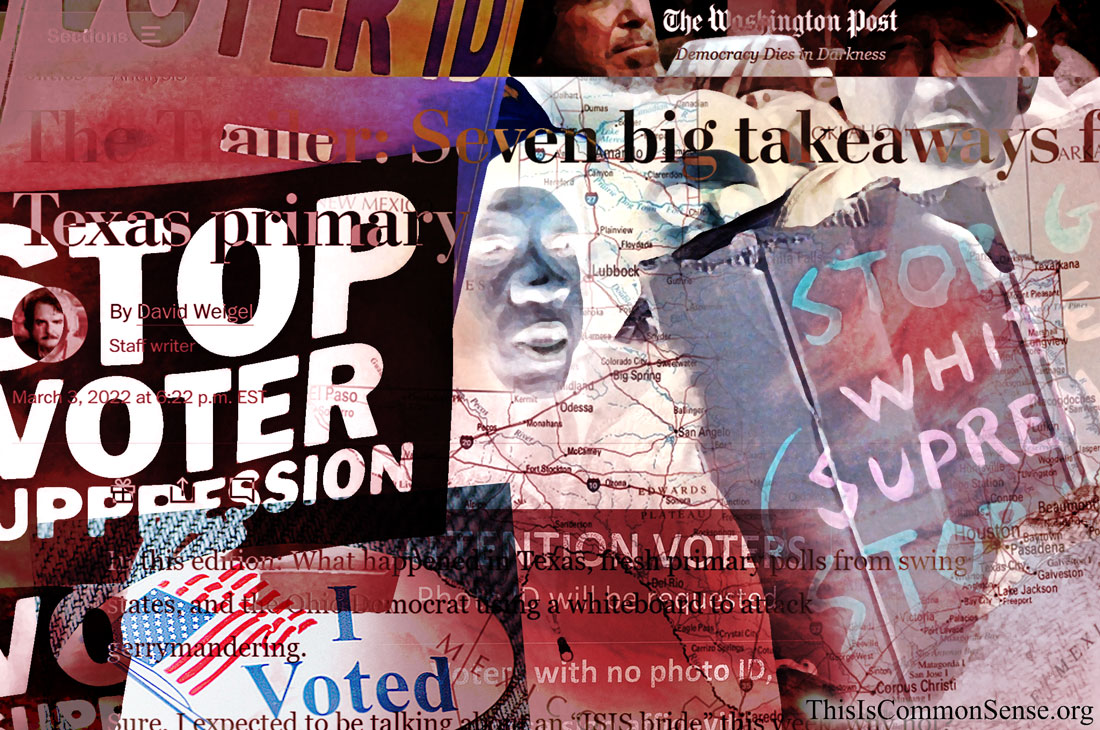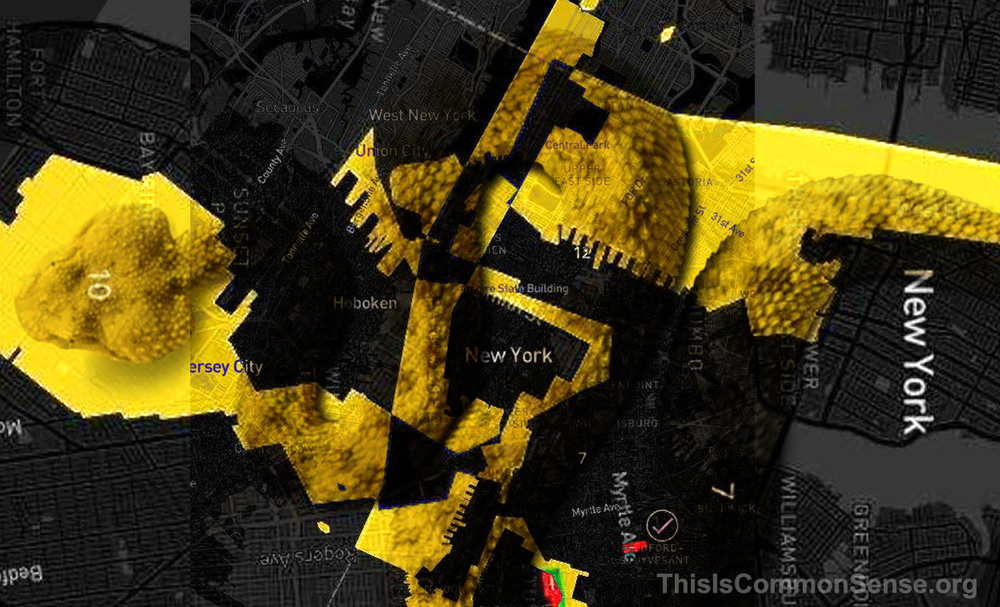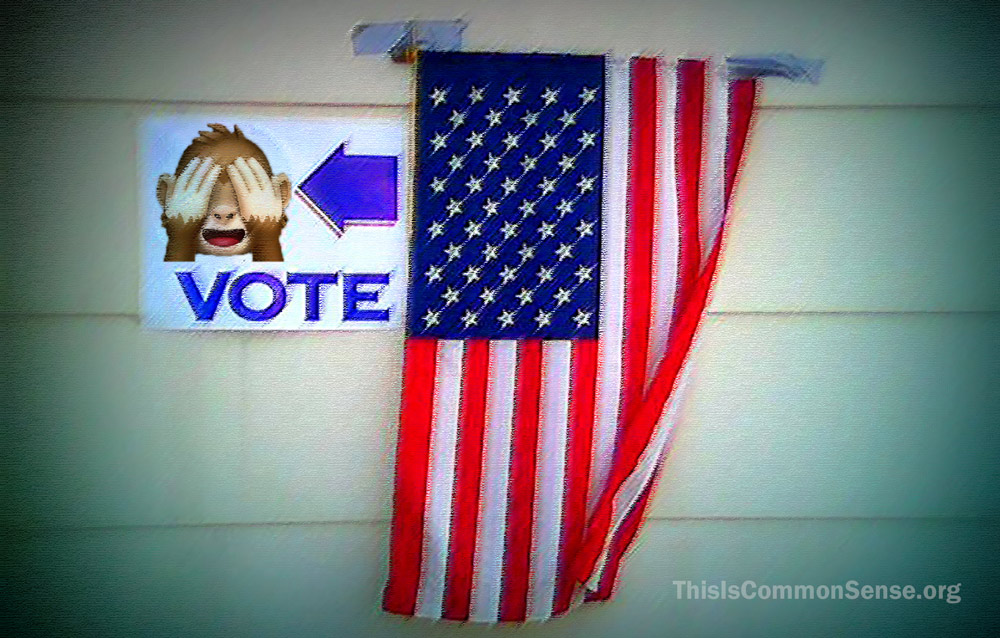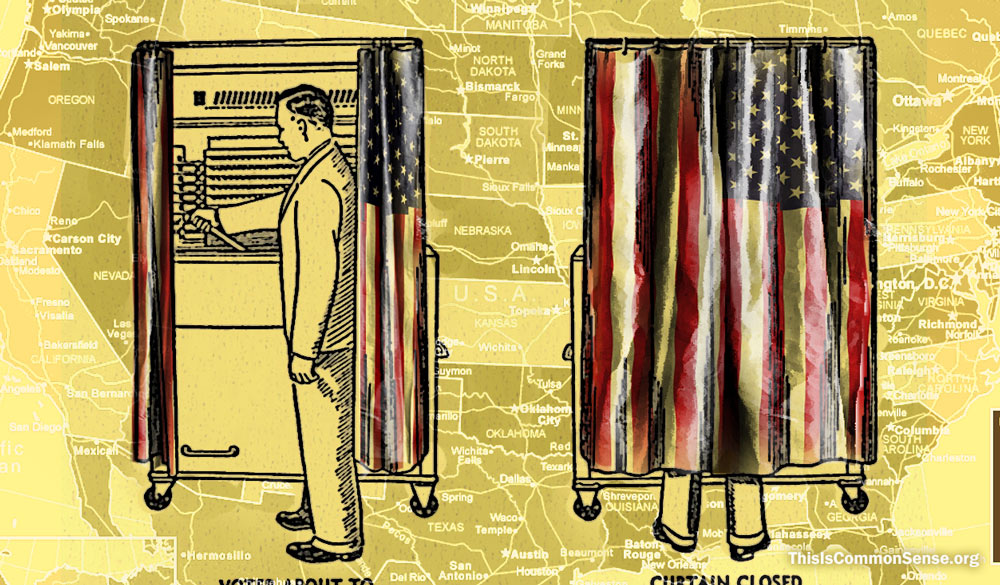“Democracy has nothing to do with liberty,” the Libertarian Party announced on Facebook, “just as so many of the world’s greatest minds have warned.”
Huh? Just exactly which “greatest minds” are we talking about?
Not Aristotle!
The party’s statement introduced a meme quoting Hans-Hermann Hoppe, the “Austrian school economist and libertarian/anarcho-capitalist philosopher,” Professor Emeritus of Economics at UNLV and Distinguished Fellow with the Ludwig von Mises Institute. It read: “Democracy allows for A and B to band together to rip off C. This is not justice, but a moral outrage.”
Dr. Hoppe has a point, of course. The ‘will of the people’ can be just plain wrong . . . even, at times, malevolent. A democratic vote can lead to the tyranny of the majority and even to a tyranny of the minority, as those politicians promising to serve ‘We the People’ end up serving themselves and their cronies.
I’ve not read Professor Hoppe’s Democracy: The God That Failed, where he sort of argues for monarchy over democracy, but I offer two points: (1) no one in their right mind talks of democracy without including the protections of basic individual rights, which have become the hallmark of democratic countries across the globe, and (2) no one in the real world thinks democracy is God.
Still, we won’t trade it for monarchy.
My issue with this social media post, however, is really with the Libertarian Party’s comment that “democracy” — including the democratic means the party has purportedly been employing across the country for decades — has provided no past benefit and offers no future hope for sustaining or expanding our freedom.
So, don’t vote Libertarian this November?
I’ll take that under advisement.
This is Common Sense. I’m Paul Jacob.
“Liberty Playing Cards with Aristotle” by DALL-E (note that the AI has chosen to show Lady Liberty as bruised and beaten. Her torch appears to be made of tissue.-)
—
See all recent commentary
(simplified and organized)





